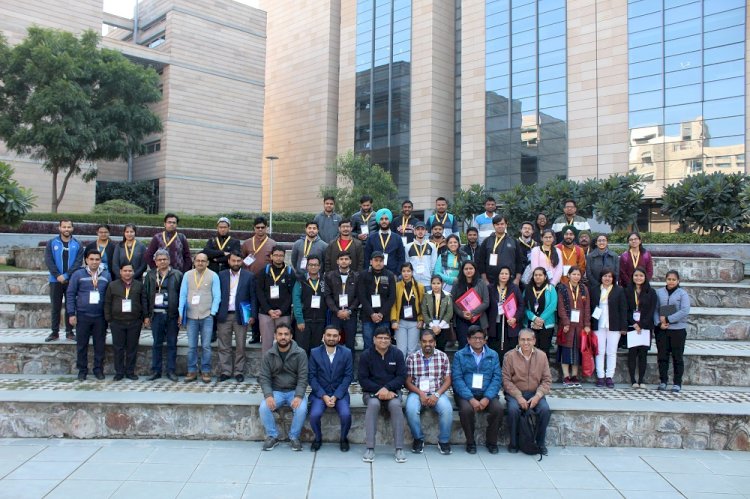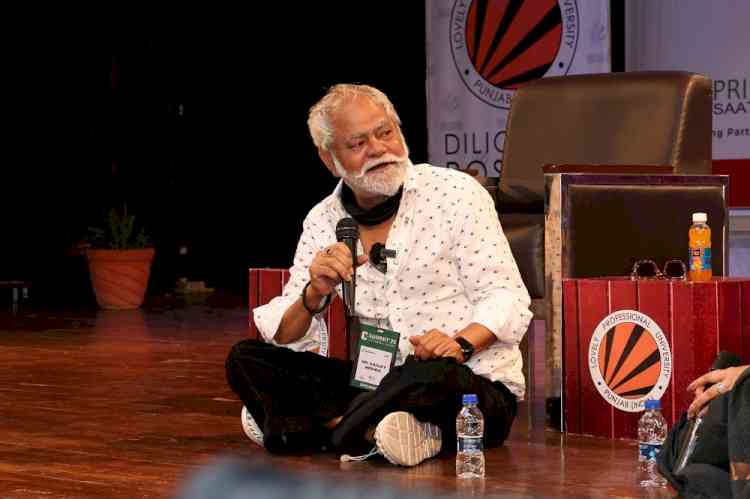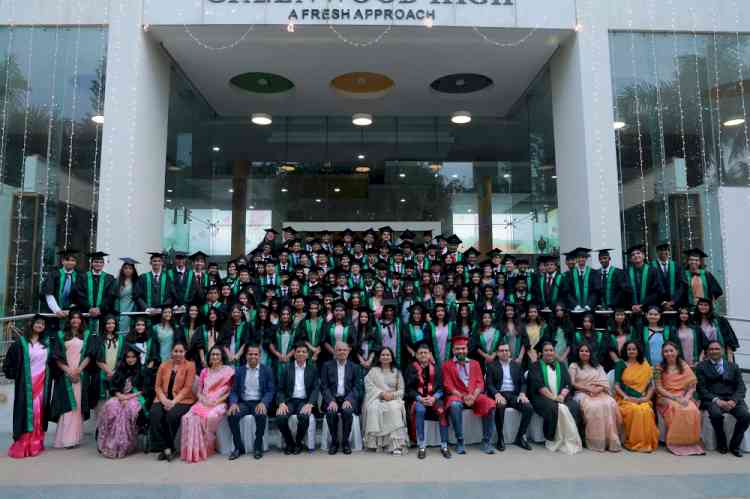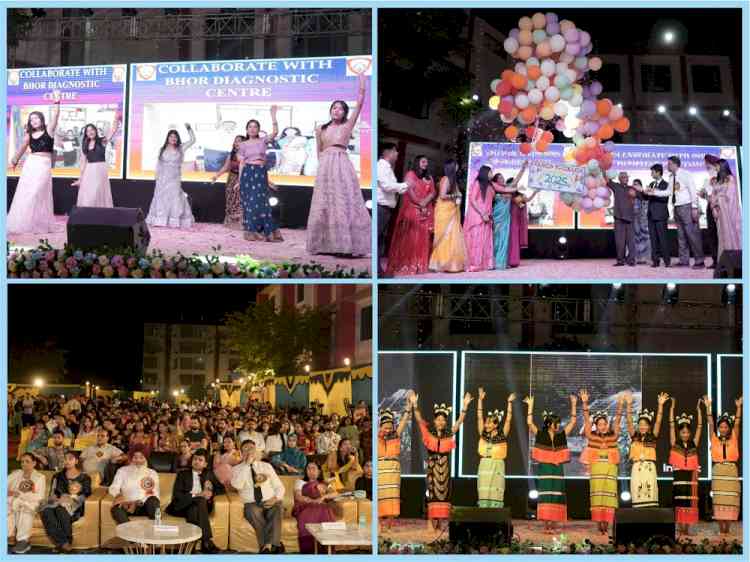Workshop on combating fraud activities using data science held
Problems discussed by subject matter experts

New Delhi: Laboratory for Computational Social Systems (LCS2) at Indraprastha Institute of Information Technology Delhi (IIIT Delhi) organized a workshop on Combating Fraud Activities using Data Science (Co-FAD) on Saturday, 11th January in their campus. It was a one-day colloquium studying the impact of fraudulent activities in Social Science, Journalism, Product Reviews, Forged Imagery, Cybercrime, and Finance among others. The speakers for the workshop were some of the most influential people whose research is helping curb fake activities around the web.
The workshop commenced with a welcome note by the Director of IIIT Delhi, Prof. Ranjan Bose. He left us with the thought that where there is money, there is fraud. All the talks that followed further emphasized this point. The director’s address was followed by an enlightening keynote by Dr. P.N. Vasanti, director general of Centre for Media Studies (CMS). She highlighted the work of CMS and Penn State University, supported by WhatsApp, and gave some valuable insights. She also discussed the intersection of technology with legal policies for combating fraud.
"Major theme that we have trying to address is collusion in online media -- a secret collaboration to deceive someone. These collusions can be propagated through a vast number of social media platforms and also happens on online review forums where people hire colluders to promote or demote certain products. We are trying to address the collusive activities on online platforms and came up with a method to identify such collusion in product reviews. We have also published a research paper on how to detect collusion on twitter," says Prof Tanmoy Chakraborty, IIIT-Delhi, and convenor of the workshop.
"There are black markets where you pay money and get the desired number of followers. Then there are other services in the black market where one can re-tweet to their customers to get credit and those credits can be used to promote their agenda, etc. It is very difficult to detect such colluders as they are common people. We are trying to collect datasets from premium black market services that will help in detecting such collusions," further added by Prof Chakraborty.
Another problem that society is facing is fake news and hate speeches, which is difficult to control or detect in a country like India where we have numerous languages. Prof Chakraborty was of the view that "Major problem in fake news is that it is not very well defined. We are trying to define fake news to address the problem. Then comes the hate speech problem on social media where we are coming up with a tool which will be able to detect hate speech in Indian languages."
Yet another informative keynote was given by Anushree Bishnoi and Ankur Pandey, founders of unfound.ai. Unfound.ai is a startup tackling various forms of misinformation in online media. They illustrated their journey, the various challenges and the unique ways they are approaching them. Among the list of other speakers were people from prominent institutions like Queen's University, Belfast, IIT Patna, TCS Research, and Jadavpur University. Head of the Department, CSE, Dr. Vikram Goyal was also one of the speakers for the workshop. Researchers from all over India working or exploring this area participated in this one-day event held at IIIT Delhi. Apart from them, the event also witnessed enthusiasts across academia and industry showing their interest in the event. Student members of LCS2 IIITD also showcased their work through an interactive poster presentation session.


 cityairnews
cityairnews 










